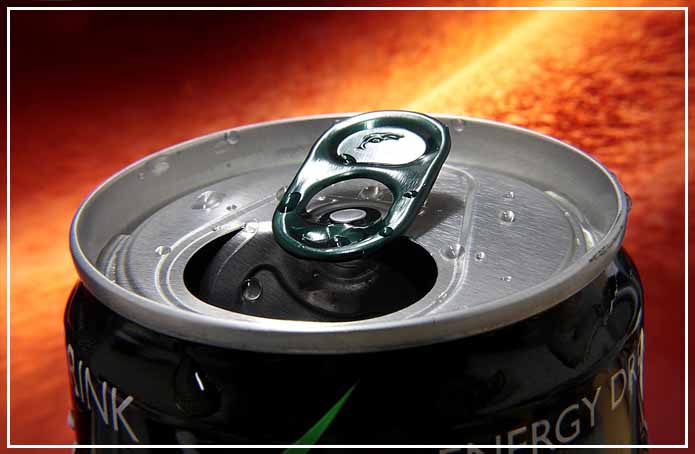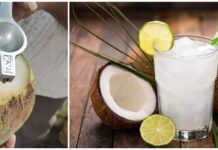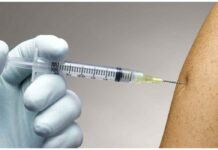Lots of studies have been done by many researchers. It is suggested that too much energy drinks can increase our blood pressure and the risk of electrical disturbances in the heart.
In the Journal of the American Heart Association, a study was published in which 34 healthy volunteers between the ages of 18 and 40 years were enrolled. Participants were randomly given to drink 32 ounces of one of two commercially available caffeinated energy drinks or a placebo drink on three separate days.
The drinks were consumed within a 60-minute period by all the volunteers.
Researchers in the US at the University of the Pacific measured the electrical activity of the volunteers’ hearts by electrocardiogram, which recorded the heartbeats alongside recorded the blood pressure too.
All the measurements were taken in the beginning and then after every 30 minutes for four hours once the drink was finished by the volunteers.
Both the energy beverages contained 304 to 320 milligrams of caffeine per 32 fluid ounces. It was observed that caffeine at doses below 400 milligrams did not induce any electrocardiographic changes. Energy drinks in the study also included taurine (an amino acid), glucuronolactone (found in plants and connective tissues) and B-vitamins. The placebo drink contained carbonated water, lime juice, and cherry flavoring.
Researchers found that the participants who consumed caffeinated energy drink QT interval were six milliseconds or 7.7 milliseconds higher at four hours compared to placebo drinkers. The QT interval is a disorder of the hearts electrical system, which emphasizes the time taken by ventricles in the heart to beat again and again (the lower chambers). If the time interval is either too short or too long, it reflects the heart’s abnormality. The resulting arrhythmia (Heart’s rhythm) can be life-threatening.
The results also suggested that the QT interval changes were not short-lasting rather sustained over the four-hour monitoring period after consuming 32-ounces of an energy drink.
In addition to the above results, a significant increase in systolic and diastolic blood pressure in participants was also seen, who had consumed the energy drinks revealed by the researchers.
Dr. Sachin A Shah, a professor at University of the Pacific said that though an association between consuming energy drinks and changes in QT intervals and blood pressure was observed but alone caffeine cannot be held responsible for it and for this the detailed studies to investigate the particular ingredient or combination of ingredients in different types of energy drinks have to be done.
These days due to wide exposure things become viral very soon and looking to each other a large number of teens and young adults, including college students, are highly influenced by these energy drinks which are readily accessible and commonly consumed.
Dr.Kate O’Dell, a professor at the University of the Pacific said, before consuming these drinks, it is extremely important for one to understand its effect on the heart.
This becomes the duty of Healthcare professionals to advise patient populations, suffering from underlying congenital or acquired long QT syndrome or high blood pressure to limit the energy drink or ask them to monitor their consumption. If they observe any kind of difficulty then immediately it can be stopped.
“One Should Be Vigilant For Their Self Health”

























